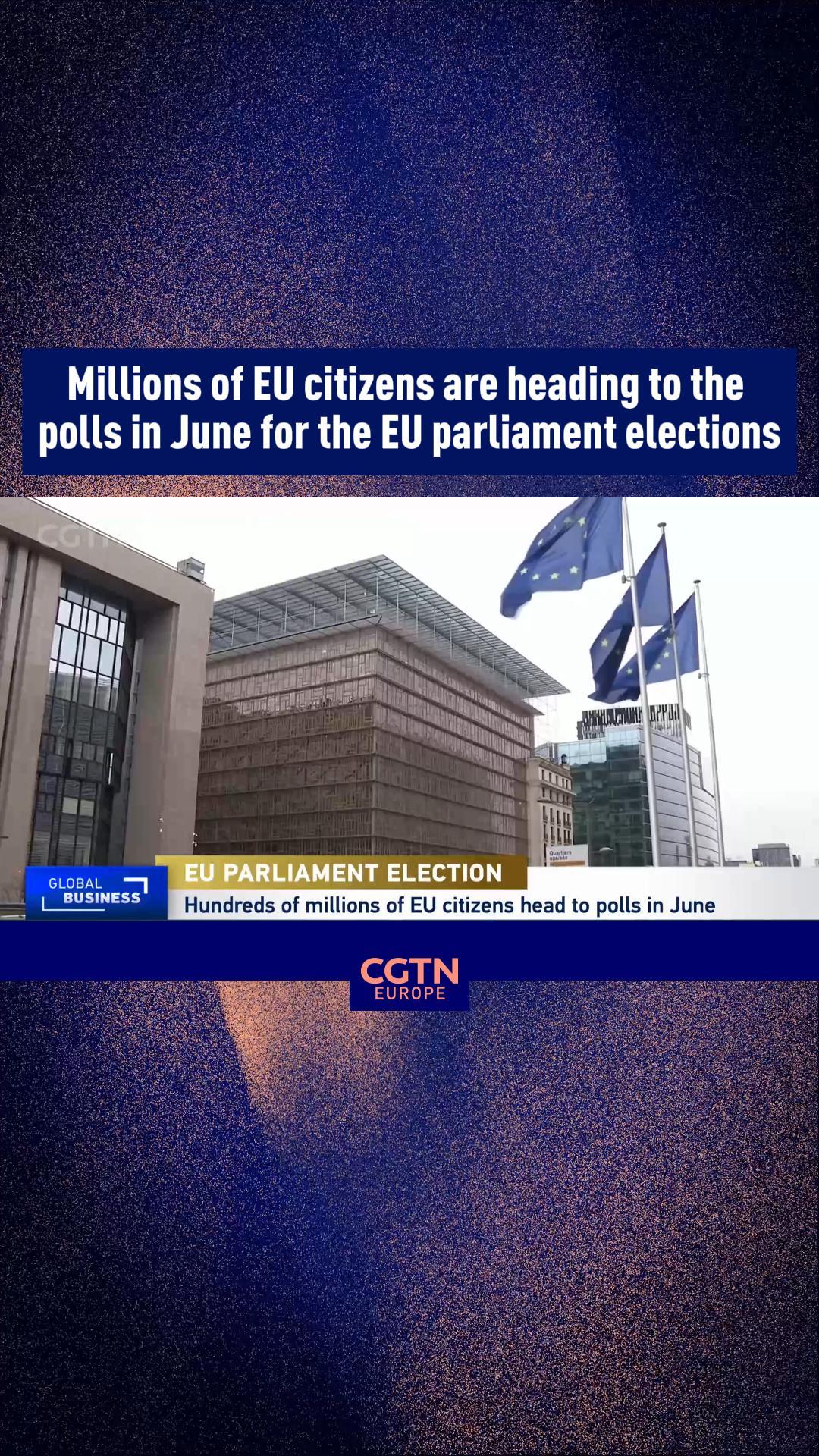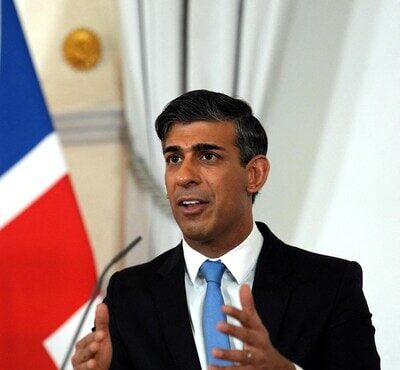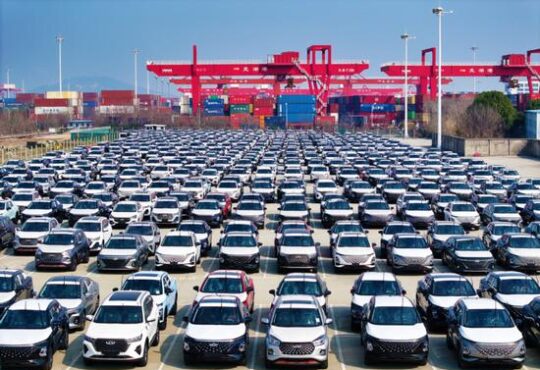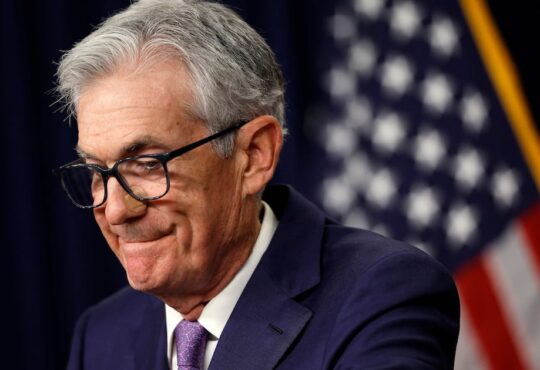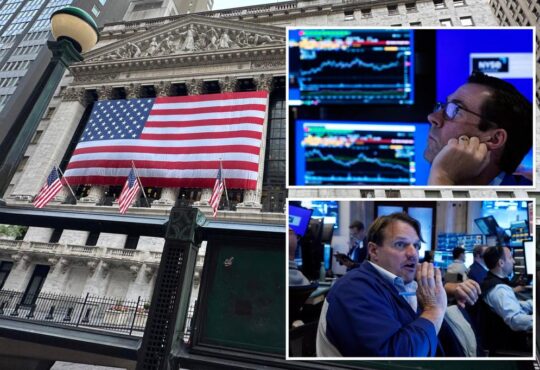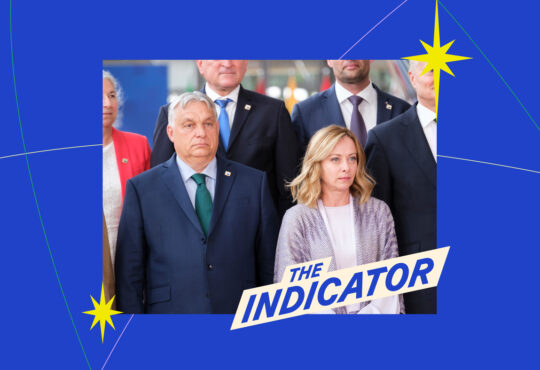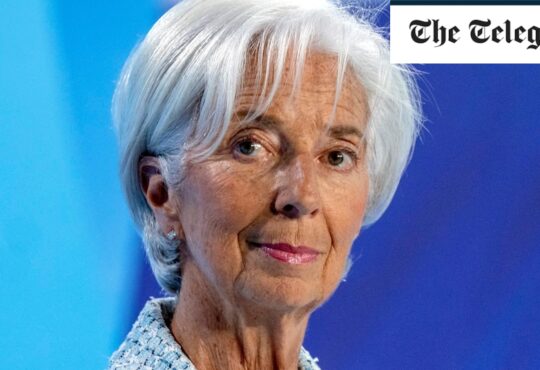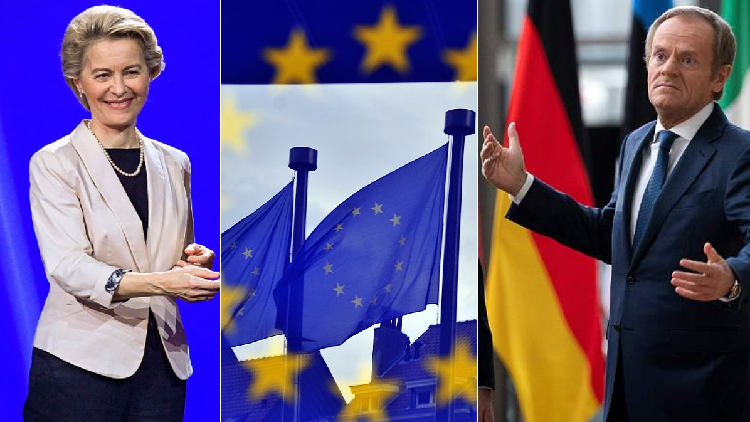
WATCH: Peter Oliver reports from Germany on this year’s European elections
The make-up of the next European Parliament will be decided in 2024, as EU citizens head to the polls in June.
A lot has happened since the last EU elections – a global pandemic, conflict in Ukraine, supply chain problems and an energy crisis. All of these have caused the once mighty German economy to stumble. It’s now on course to be the only major economy to post negative growth in 2023.
In Poland, there’s a new government, with former EU Council President Donald Tusk at the helm. His presence will improve the Warsaw-Brussels relationship – but Warsaw-based journalist and former Polish diplomat Witold Jurasz is not expecting big changes.
“I would say that this project is to federalize Europe and give Brussels more power,” he told CGTN Europe. “I would include issues such as foreign policy, which the previous government was against. I think that the current one, as much as it will be much more friendly towards Brussels, will also be against.”
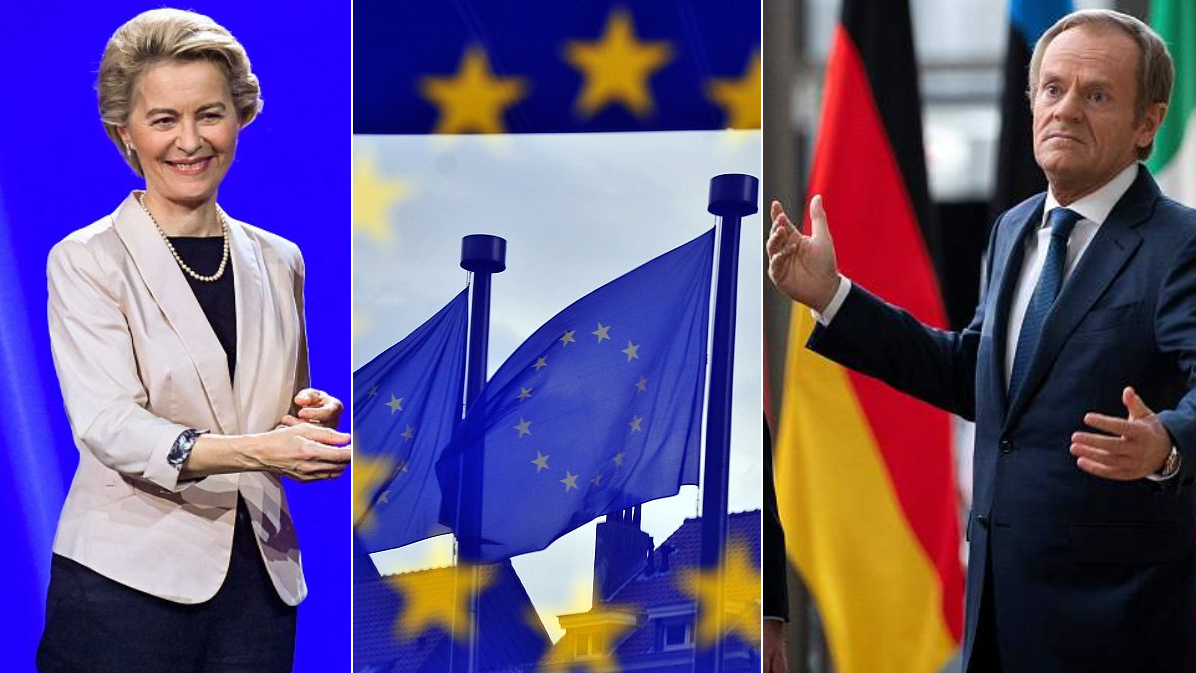
Will EC President Ursula Von der Leyen stick around and will the EU change much under the leadership of Donald Tusk? /CFP
Will EC President Ursula Von der Leyen stick around and will the EU change much under the leadership of Donald Tusk? /CFP
Poles turned out in record numbers for parliamentary elections in 2023.
Across the EU the aim will be for a turnout higher than the 50.66 percent recorded in 2019, which was an eight-point increase on 2014.
Domestically, EU member states have seen a rise in support for right-wing and far-right parties. The nationalist Sweden democrats are now part of the ruling coalition, while there were right-wing victories in Finland, Greece and in the Netherlands, where the far-right Freedom party now holds the most seats.
In Germany, the far-right AFD (Alternative für Deutschland) has surged in the polls to second place. It’s a trend that could be repeated in the EU parliament.
READ MORE
What will happen in Ukraine in 2024?
Could 2024 be the greatest ever year for space exploration?
World ushers in New Year with fireworks and concern over global peace
However, Uli Brueckner, the Jean Monnet Professor for European Studies at Stanford University in Berlin, told CGTN that he isn’t too concerned about more right wing EU parliamentarians affecting the functions of the EU.
“They pick up people’s emotions, and they surf on a wave of being afraid and angry that they partly also organize,” Brueckner said. “We have seen this in Italy when we are flooded by migration and that’s the 60 million people country that welcomed 60,000 migrants through what is a flood.
“The other thing is the European Parliament is not the power center of the European Union. So even if a number of countries see an increase of protest parties like the Alternative for Germany, this will not necessarily mean that we will see a different EU.”
It’s not just the 705 seats in the European Parliament that are up for grabs. The vote also marks the end of the current term for the two biggest jobs in the EU.
European Commission President Ursula Von der Leyen has yet to confirm if she will run for a second five-year term in the job. It will be goodbye to Charles Michel as he comes to the end of his second two-and-a-half-year term as EU council President.
While it is unlikely that these elections will result in huge changes for the direction of the EU, there will certainly be some new faces at the helm.

Subscribe to Storyboard: A weekly newsletter bringing you the best of CGTN every Friday

